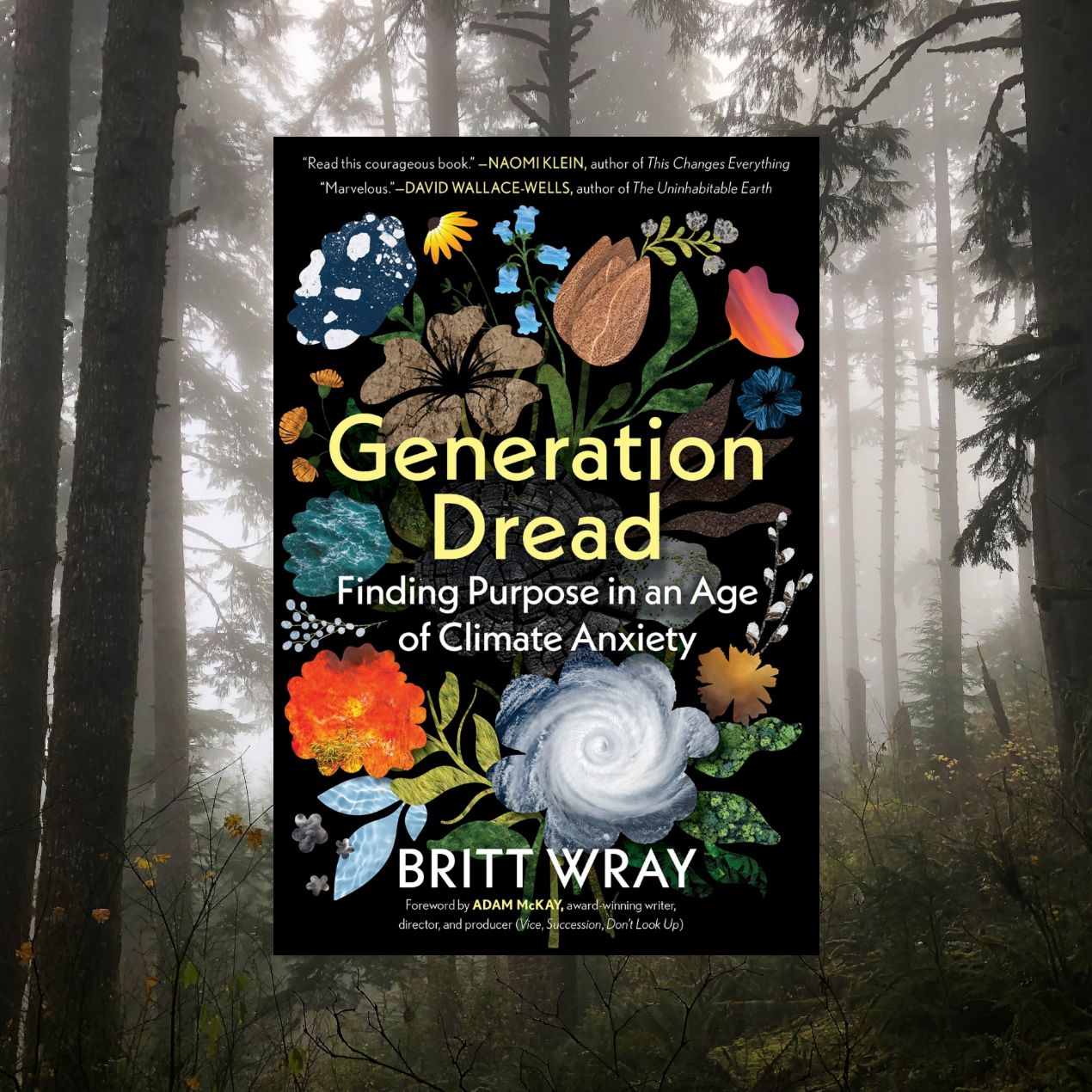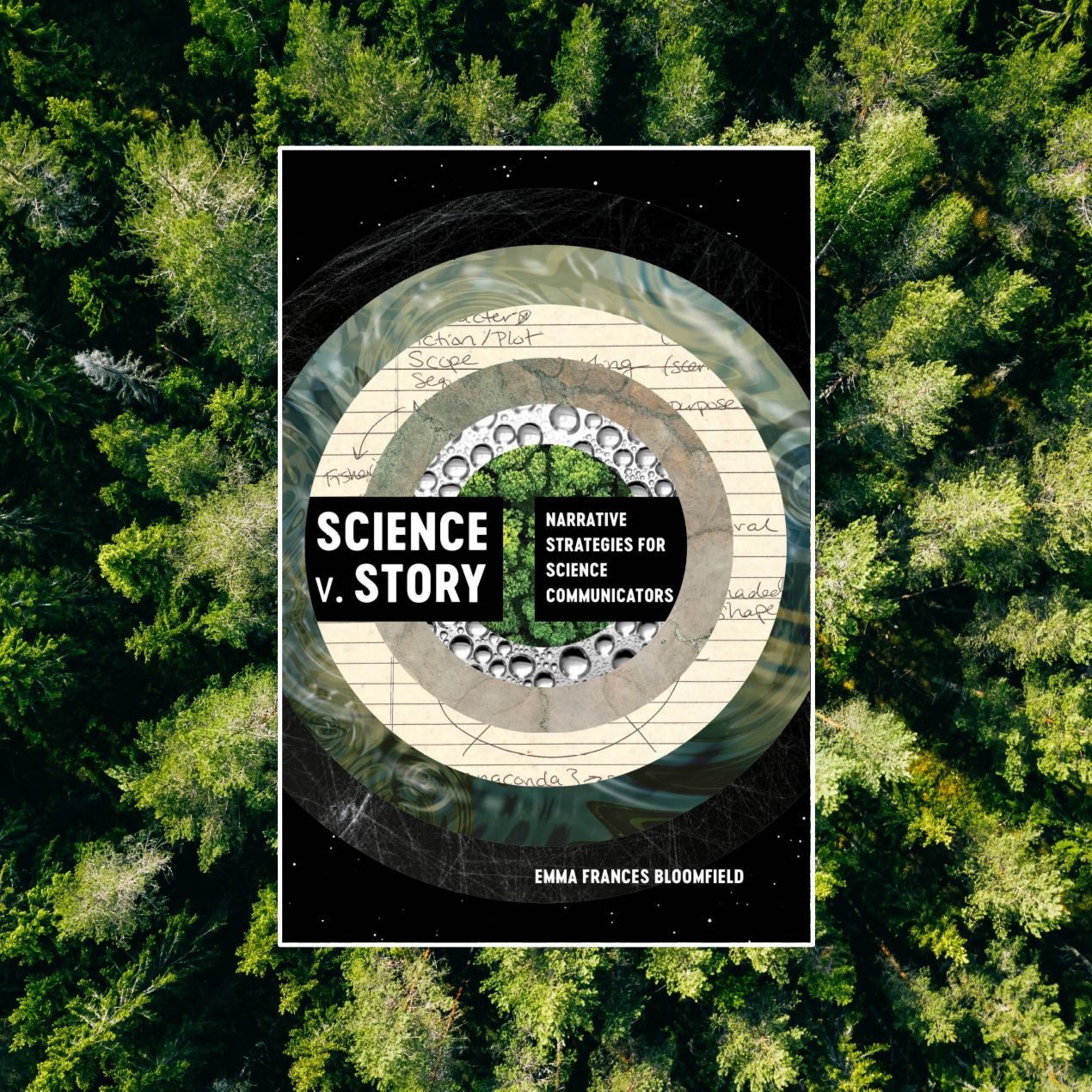Science v. Story Reading Group
Educating others about today’s converging crises is an uphill battle. We must first overcome people’s apathy and denial. We must also outcompete the many distractions vying for their attention, including misinformation and disinformation. Learning to combine factual information and compelling narrative takes skill, and Dr. Emma Frances Bloomfield’s newest book Science v. Story: Narrative Strategies for Science Communicators invites readers to hone this skillset. Quillwood Academy founder Eric Garza will facilitate a reading group on Science v. Story that begins on Friday, May 17, at 1:00 pm US Eastern Daylight Time. To find out what time this is where you live, type your city, town, or time zone in the “Add locations” box at this link. The reading group meets at this same time every other Friday through July 12. Registration for this event is offered by donation, which can include a donation of zero. To sign up, type the amount you want to pay in the “Choose price” box, add the study group to your shopping cart, and check out. If you want to pay by personal check or money order, email eric@quillwood.org to arrange payment.
Read a more detailed description of the event, including its schedule, expectations, and a suggested sliding scale by scrolling further down this page.



